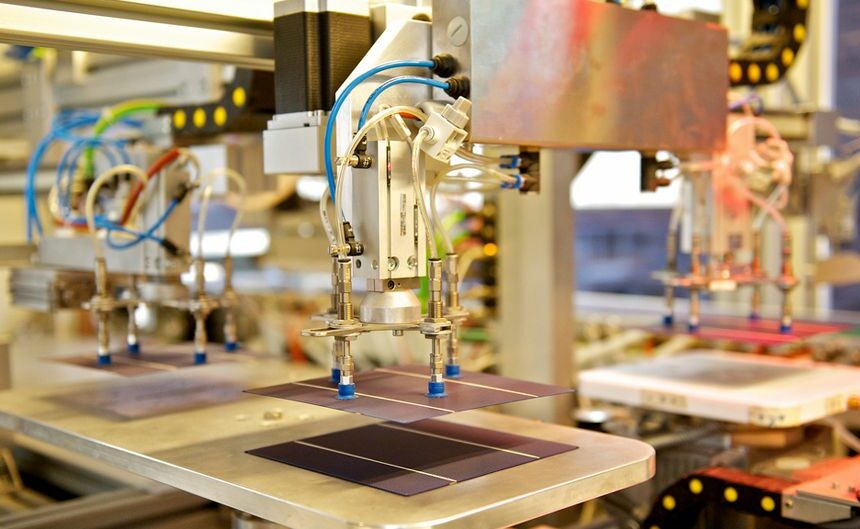In recent years and months, businesses in the United States have faced a myriad of challenges. The pandemic and reactionary policies complicated supply chain logistics. Companies are having a harder time finding employees. With rising interest rates and fears of a recession, business leaders are making tough choices on how to invest and allocate capital. Policymakers passed two major pieces of legislation to incentivize more research, development and innovation but have ignored a technology-neutral, pro-growth tool: immediate expensing. More specifically, Congress should allow businesses to fully deduct 100 percent of their research and development (R&D) expenses.
>>>READ: Innovation is Unleashing a Climate Tech Renaissance
Immediate expensing allows companies to deduct the cost of capital purchases at the time they occur rather than amortizing those costs over many years. Full and immediate expensing incentivizes investments in cleaner technologies by increasing capital stock turnover in energy systems and manufacturing equipment. Immediate expensing also improves energy efficiency, one of the most cost-effective ways of reducing emissions, by encouraging investments in HVACs, building upgrades, and more energy-efficient equipment. The amortization of these expenses makes innovation investments more expensive. A policy brief prepared for the R&D Coalition in 2019 explains why:
Taking a deduction sooner reduces taxable income sooner, which, in turn, reduces tax liability sooner. Because of the time value of money, an earlier reduction in tax liability is worth more than the same reduction in tax liability later. This is because, for example, a dollar received in 10 years is worth less than a dollar today since a dollar received today could be invested to earn a return over the next 10 years and be worth more than one dollar in 10 years. Consequently, the amortization of qualifying R&D expenditures reduces the tax benefit of deducting R&D costs and, as a result, increases the real before-tax rate of return that a barely profitable new investment needs to earn to both cover taxes over its life and provide investors their required after-tax rate of return (i.e., the cost of capital).
The Tax Cuts and Jobs Act of 2017 allowed businesses to deduct 100 percent of the R&D expenses in the year those expenses occurred through 2021. Beginning in 2022, companies had to spread those costs over several years. Businesses must amortize R&D expenses over five years and foreign R&D expenses over fifteen years. The R&D Coalition report estimates that this change will reduce U.S. R&D investments by $4.1 billion annually in the first five years and by $10.1 billion after that.
As the National Association of Manufacturers (NAM) Senior Director of Tax Policy David Eiselsberg remarked, “Research and development is the lifeblood of manufacturing. It is what drives innovation, competitiveness, economic growth and the creation of high-paying jobs. But that is all at risk unless Congress quickly acts to repeal the harmful change in the tax treatment of R&D expenses.”
>>>READ: How Inflation Cripples Innovation
Recently, more than 400 companies and business organizations, which collectively employ millions of Americans, sent a letter to Congress insisting that policymakers fix the broken tax policy that discourages R&D investment.
Research and development are critical for the process of discovery and getting more innovative products to the market. Innovation makes peoples’ lives better by providing consumers with the goods and services they want at competitive prices and by raising levels of prosperity. As we laid out in our Climate and Freedom agenda, a policy framework that encourages technology-neutral research and development enhances productivity. It is fundamental for American competitiveness, meeting the world’s energy needs, and addressing the risks that climate change poses. Making R&D expenses deductible in the year the costs are incurred should be a top priority for Congress and the Biden administration.
The views and opinions expressed are those of the author’s and do not necessarily reflect the official policy or position of C3.
